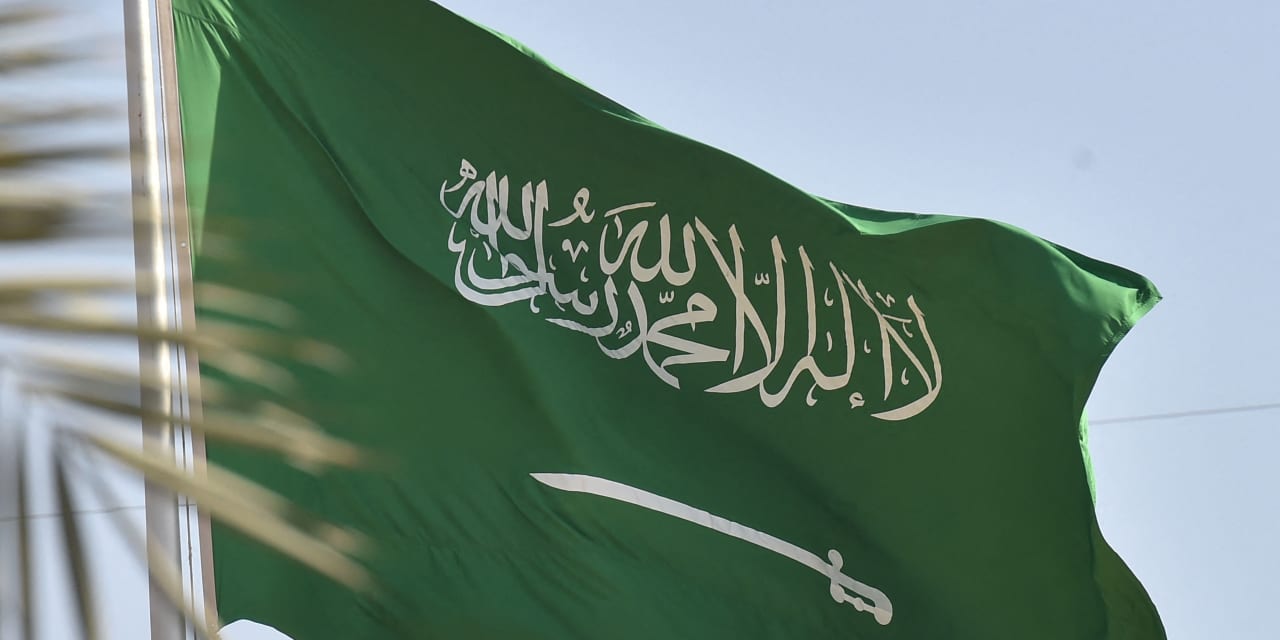The battle smoke of war between Israel and Gaza’s Palestinians that began Saturday now clouds hopes for a U.S.-brokered deal that would normalize Saudi Arabia’s relations with Israel—and ease oil prices.
Recent weeks featured reports that the Biden administration was attempting a Middle East diplomatic feat in which the Saudis would formally recognize Israel, while gaining U.S. military aid and agreeing to boost oil production. Reversing the last two years’ climb in oil prices would help tame U.S. inflation and help President Joe Biden’s re-election campaign.
A statement by Gaza’s ruling Hamas organization cited Israel’s police actions at Jerusalem’s Aqsa Mosque as justification for the rockets that Hamas launched Saturday on Israel. But many observers think an important motive was to derail a Saudi-Israeli normalization agreement.
“It’s very hard to see the way forward with this grand bargain effort this morning,” said Helima Croft, the head of commodity strategy at RBC Capital Markets. She said the surprise attack leaves Israeli Prime Minister Benjamin Netanyahu unlikely to make any concessions to the Palestinians that the Saudi government might be seeking.
For its part, the Saudi Ministry of Foreign Affairs in statements called for “an immediate halt to the escalation by both sides” and held Israel “responsible” for provoking the Palestinians. The Saudis renewed their call for a “two-state solution” that would establish a Palestinian state in the territories occupied by Israel.
The Saudi foreign ministry didn’t respond to Barron’s requests for further comment Saturday.
A key issue in the hoped-for deal was Saudi oil production levels. Since Russia’s attack on Ukraine in February 2022, the kingdom has successfully coordinated with Russia to restrain production and raise world crude oil prices from around $90 a barrel to a peak of $120 last year. Russia needs the revenue to fuel its war, while Saudi Arabia is funding an ambitious economic development program.
Dampened world demand has kept prices in the $70 to $80 range this year. That level still strains consumer spending.
Money manager Louis Navellier has been watching the Mideast events and oil prices for a long time, and said he thinks that some sort of diplomatic deal between Israel and Saudi Arabia might yet happen, after the fighting’s done.
Once Israel rescues its soldiers captured by Hamas, then retaliates against Gaza for the surprise attack, Navellier expects economic interests to return to the fore. Saudi Arabia is trying to make itself into a tourist destination, and Israelis are the region’s biggest source of affluent tourists.
But Navellier said he doubts that a Mideast diplomatic deal will include Saudi oil price concessions. After feeling the Biden administration’s criticism, neither Netanyahu or Saudi Crown Prince Mohammed bin Salman are eager to help re-elect Biden, said Navellier. Besides, the Saudis need the money.
“Saudi Arabia will do what’s in their economic interest,” said Navellier. “The Saudis are spending up a storm and they need oil at a certain level to run their economy.”
Write to Bill Alpert at william.alpert@barrons.com
Read the full article here













Leave a Reply